Amin Rezaeenejad – Subcontinent Affairs Expert
The arbitration court affiliated with the treaty’s mechanism confirmed its jurisdiction in the summer of 2025 to hear Pakistan’s complaints regarding India’s hydroelectric projects on the western rivers. It ruled in favor of a legal interpretation protecting Pakistan’s interests on key issues. This decision, in practice, clarified numerous technical criteria for projects and mechanisms (such as run-of-river or low-storage hydropower plants).
However, India’s response revealed a deep gap between contractual international law and the political-security calculations of states; following the bloody Pahlgam attack in Kashmir, New Delhi declared it had placed the treaty “in abeyance” and does not accept the jurisdiction of certain arbitral tribunals; an action that had both practical consequences (disruption of hydrological data exchange and pre-release notifications) and undermined mutual trust. This suspension and the disagreement over the judicial body’s legitimacy show that even when arbitral institutions rule, their implementation and political consequences are subject to the will of the parties.
Can this ruling prevent the escalation of water disputes in other regions? The answer to this question is both negative and positive, but conditional. On one hand, arbitral awards and transparent legal interpretations hold significant strategic value; they provide referable technical and legal criteria that can be referenced in future disputes (e.g., in transboundary basins of Africa, Central Asia, or the major river basins of Latin America). Such rulings demonstrate to governments and project designers that the design of water and hydroelectric projects must comply with treaty-based criteria and be carried out with technical transparency to minimize legal and political confrontation. In other words, a well-reasoned judicial practice raises the cost of unilateral action and makes dispute resolution legal tools more credible.
On the other hand, the effectiveness of this legal tool depends on several policy and politics-based conditions. First, the acceptance and compliance of the parties with the legal authority; second, shared technical and informational capacities for exchanging hydrological data and early warnings; and third, a minimal political atmosphere for mutual trust. Recent experience shows that when a security or political crisis overshadows relations, even valid rulings may remain ineffective or be implemented with delay. Therefore, arbitral awards are not in themselves “a catalyst for ending the risk of water war,” but rather one necessary yet insufficient element in a comprehensive prevention package.
But what lessons can be learned for preventing regional conflict over water?
First, strengthening technical monitoring mechanisms and data transparency must occur. Courts and arbitrators can set standards, but the daily management of flows, flood warnings, and releases requires automated data exchange based on technical standards. Impartial measurement and reporting mechanisms (e.g., supported by international or regional organizations) help reduce misunderstandings.
Second, ensuring the enforceability of rulings is of paramount importance. There must be administrative and diplomatic mechanisms to facilitate the implementation of arbitral awards, including mediation mechanisms before unilateral actions and contingency packages for compensating temporary damages.
Separating technical issues from security issues is the third point. One weakness of treaties is that during periods of political tension, technical subjects can become tools of pressure. Establishing “rules of the game” that depoliticize water use during humanitarian crises or natural disasters can mitigate human crises.
The fourth point is regional mechanisms and the participation of civil society. When people, farmers, and local managers are involved, treaties tend to be more sustainable. Independent regional institutions and cooperation funds for climate adaptation projects can strengthen common interests.
Predicting climate change in contracts is the fifth condition. With the increasing frequency of floods and droughts, water treaties must include clauses to manage climate risks and prevent premature competition over resources.
Finally, it must be noted that the recent arbitral ruling demonstrates that legal rules can provide a technical and legal framework for resolving water disputes, affording downstream countries (which rely on basin water) leverage and legal protection. But the effectiveness of these rules depends on political acceptance, transparency in data exchange, and effective enforcement mechanisms. Without establishing institutions and procedures that demand compliance, even the best arbitral awards risk becoming mere scraps of paper; conversely, combining robust legal frameworks with practical diplomacy and technical measures can play a significant role in preventing regional conflicts over water.
The Role of Bilateral Agreements in Securing Water Shares Between Countries

LATEST CONTENT
The Strategic Consequences of Iraq’s Recent Elections
Strategic Council Online – Interview: An Iraqi affairs analyst stated: Selecting Iraq’s future prime minister, determining foreign policy, and managing the new Baghdad government’s relations with regional countries and the world require internal political consensus following the recent parliamentary elections.

Últimas publicaciones
The Strategic Consequences of Iraq’s Recent Elections
Strategic Council Online – Interview: An Iraqi affairs analyst stated: Selecting Iraq’s future prime minister, determining foreign policy, and managing the new Baghdad government’s relations with regional countries and the world require internal political consensus following the recent parliamentary elections.

DERNIER CONTENU
The Strategic Consequences of Iraq’s Recent Elections
Strategic Council Online – Interview: An Iraqi affairs analyst stated: Selecting Iraq’s future prime minister, determining foreign policy, and managing the new Baghdad government’s relations with regional countries and the world require internal political consensus following the recent parliamentary elections.

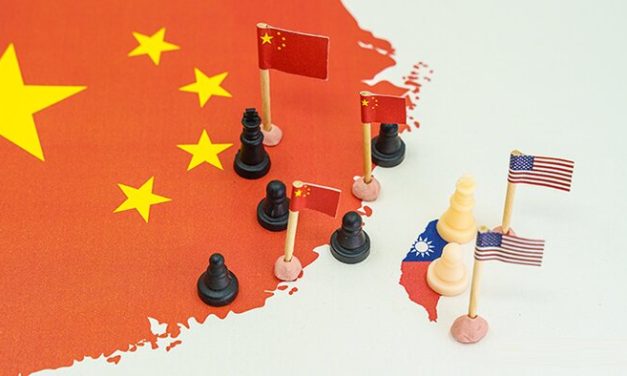
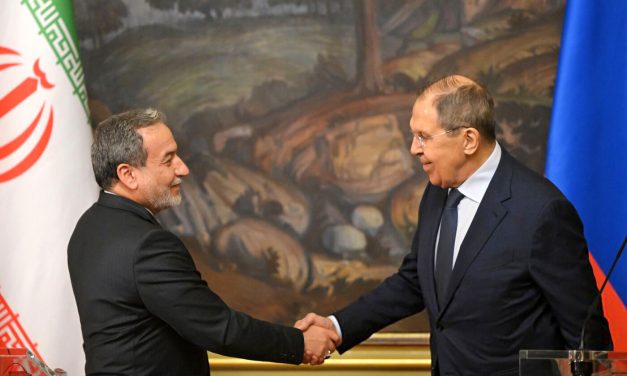
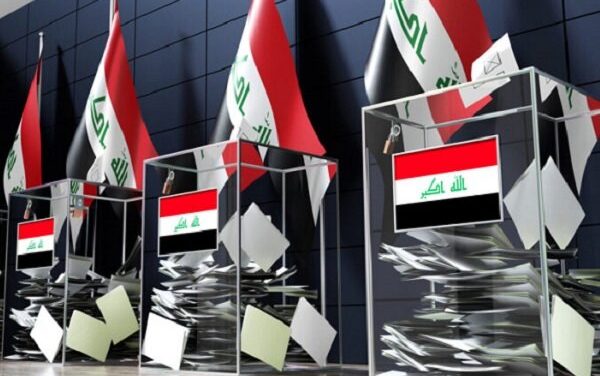


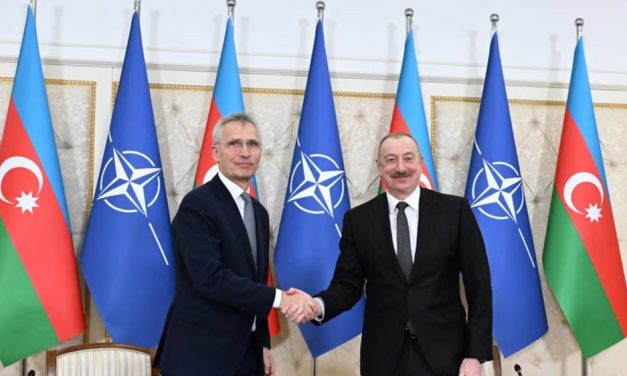
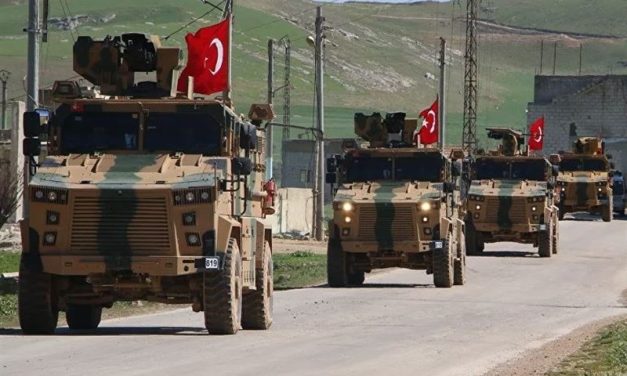
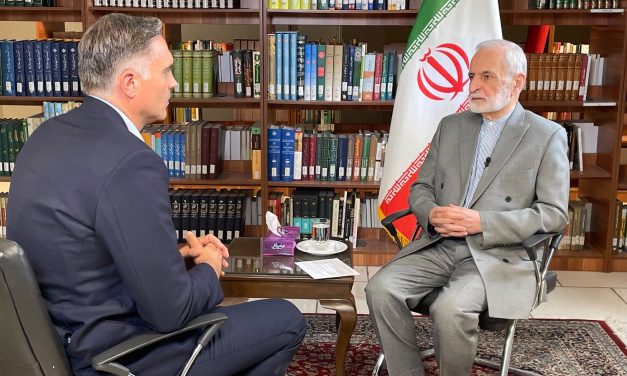
0 Comments